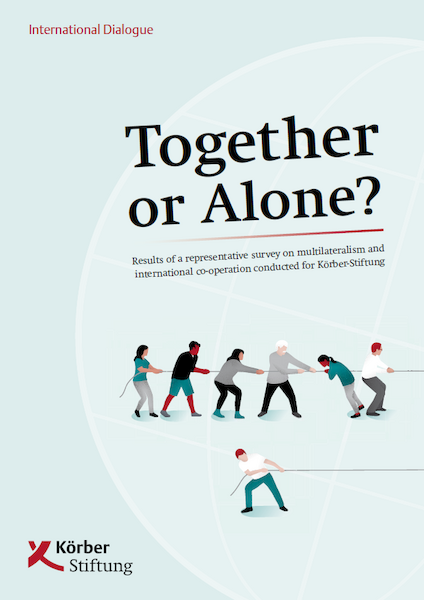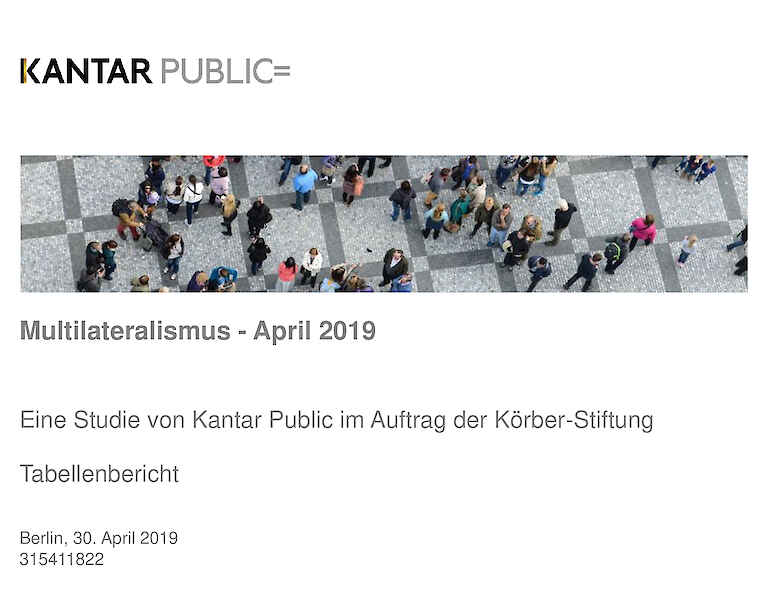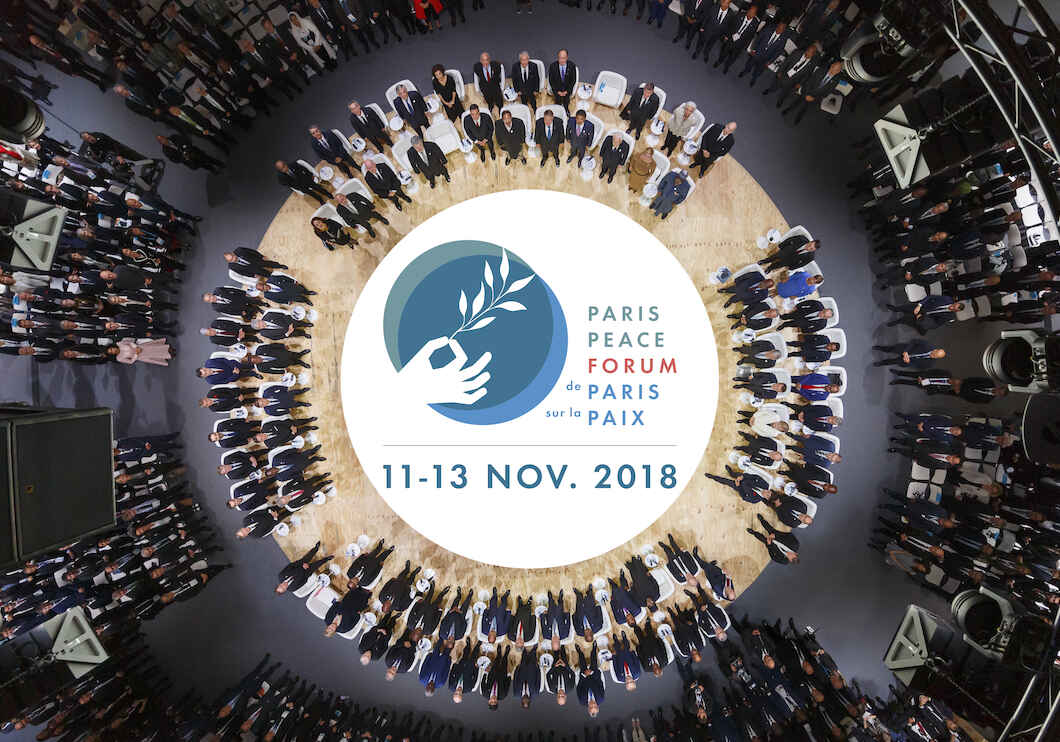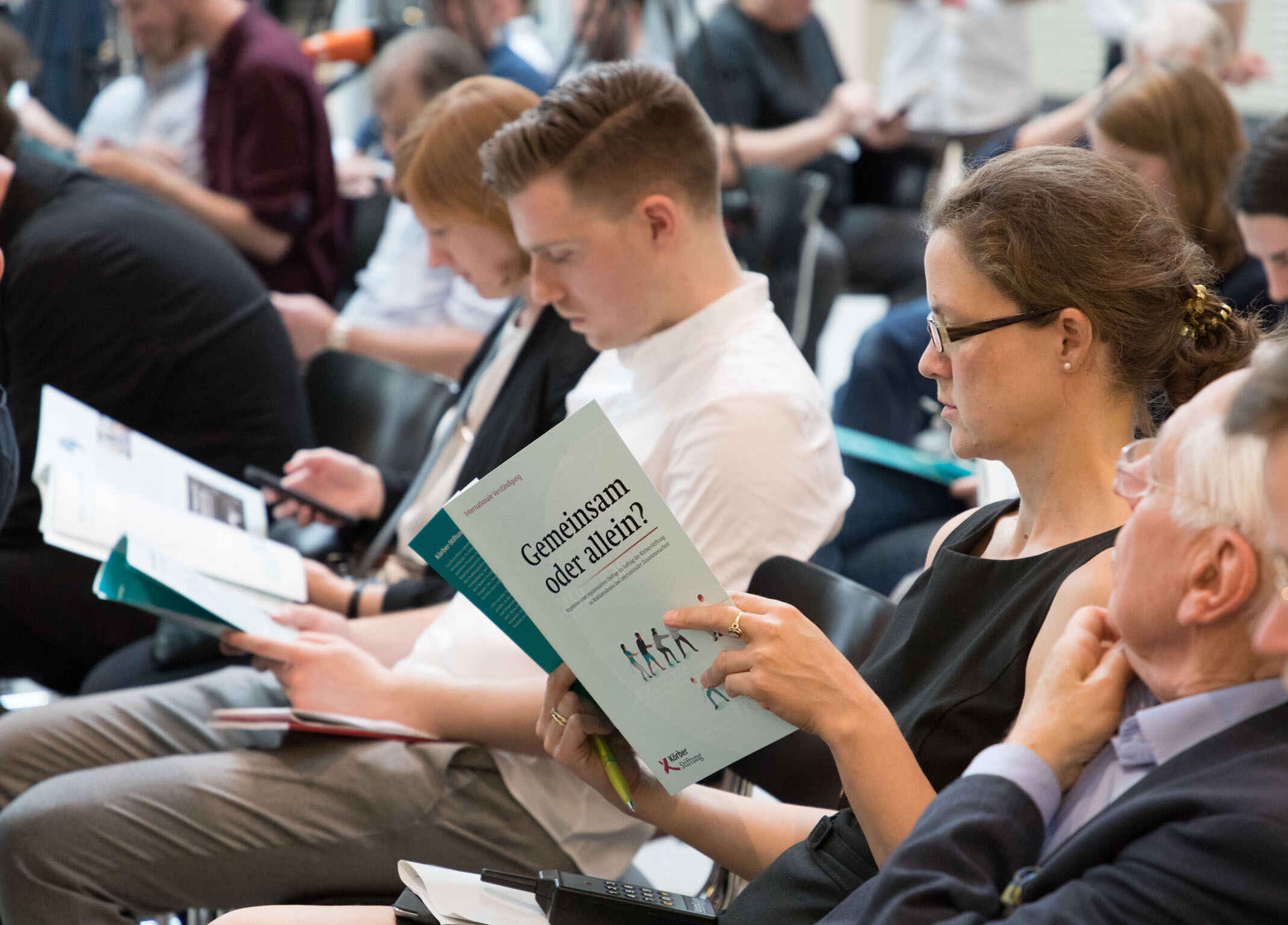
Photo: Marc Darchinger
Survey: Together or Alone?
Climate change, terrorism, digitalisation and migration – many of the challenges we face today know no borders. Solutions will depend on a world working in concert, yet our multilateral order is under fire. Re-nationalisation has become a global tendency, nations are withdrawing from international agreements, populist and anti-globalisation movements are on the upswing and international organisations are seeing their budgets cut.
As a globally connected middle power, Germany disproportionally benefits from a cooperative and rules based international order. Not least because of this, the German government aims to strengthen multilateral structures and to counter the erosion of the international system.
But which topics do citizens deem important? Which frameworks are preferred for working on these issues? Do Germans consider globalisation to have mainly positive or negative effects? And how much support is there for multilateral, i. e. co-operative approaches in general? To answer these and other questions, we commissioned KANTAR PUBLIC to conduct a representative survey in Germany in April 2019. Together with the Institut Montaigne, a select number of questions were also surveyed in France, a close partner of Germany in international affairs.
The key findings
An overwhelming majority supports international co-operation, even if this implies initially putting national interests second. However, many Germans neither know the term multilateralism nor the corresponding international organisations.
Germans in their majority view globalisation in a positive light. Many point to the positive outcomes for Germany and for themselves. Still, nearly half of all interviewees believe that Germany has lost control over its policy-making.
German and French interviewees agree on many issues, yet not on all. One important difference is the support of the European Union (EU), which is significantly greater in Germany than in France.
Both the German and the French population see climate change as the most pressing challenge. Terrorism, armed conflicts, cyber threats, but also migration play a far less important role.
About the survey
In a representative survey, KANTAR PUBLIC Deutschland interviewed 1000 people and KANTAR PUBLIC France (on behalf of Institut Montaigne) interviewed 1020 people, each eligible to vote and aged over 18, between 1-15 April 2019.
All results of the survey "Together or Alone?"
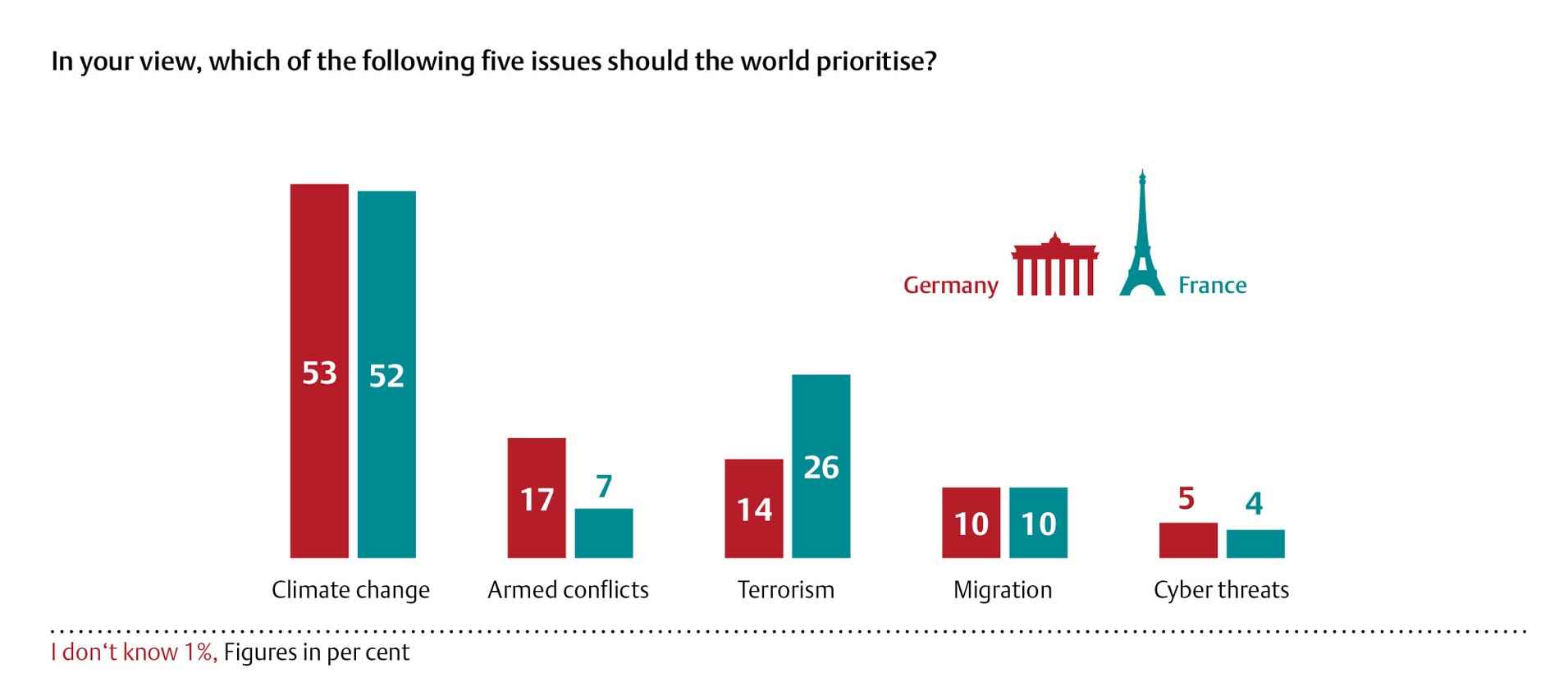
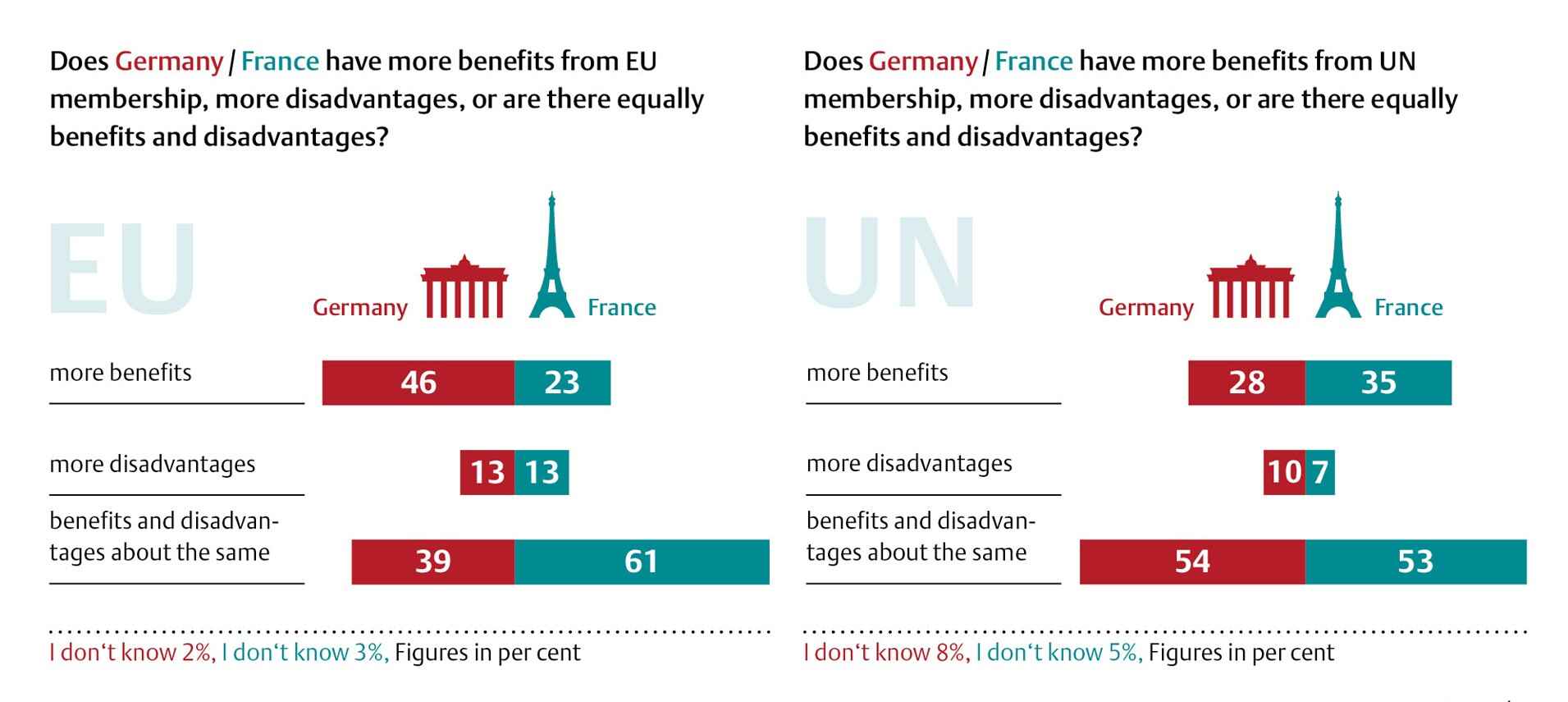
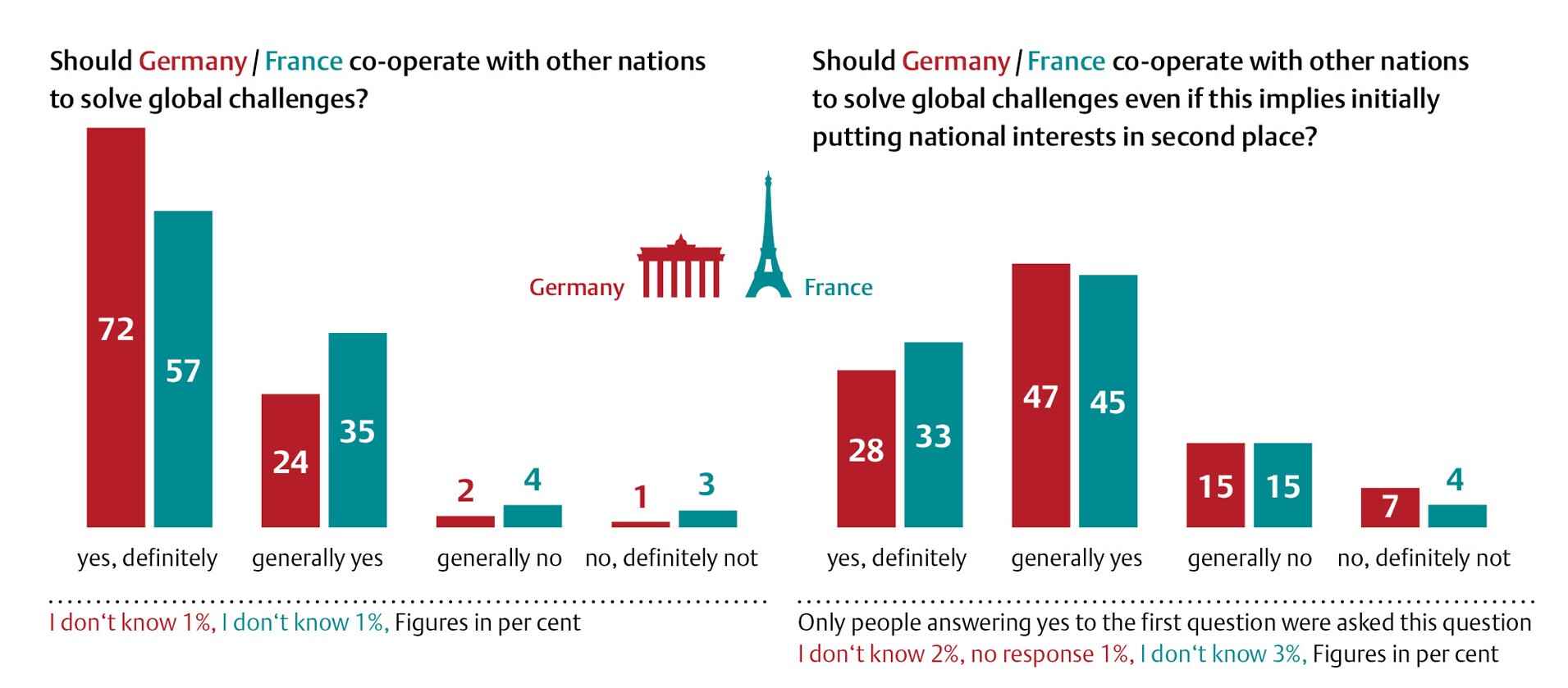
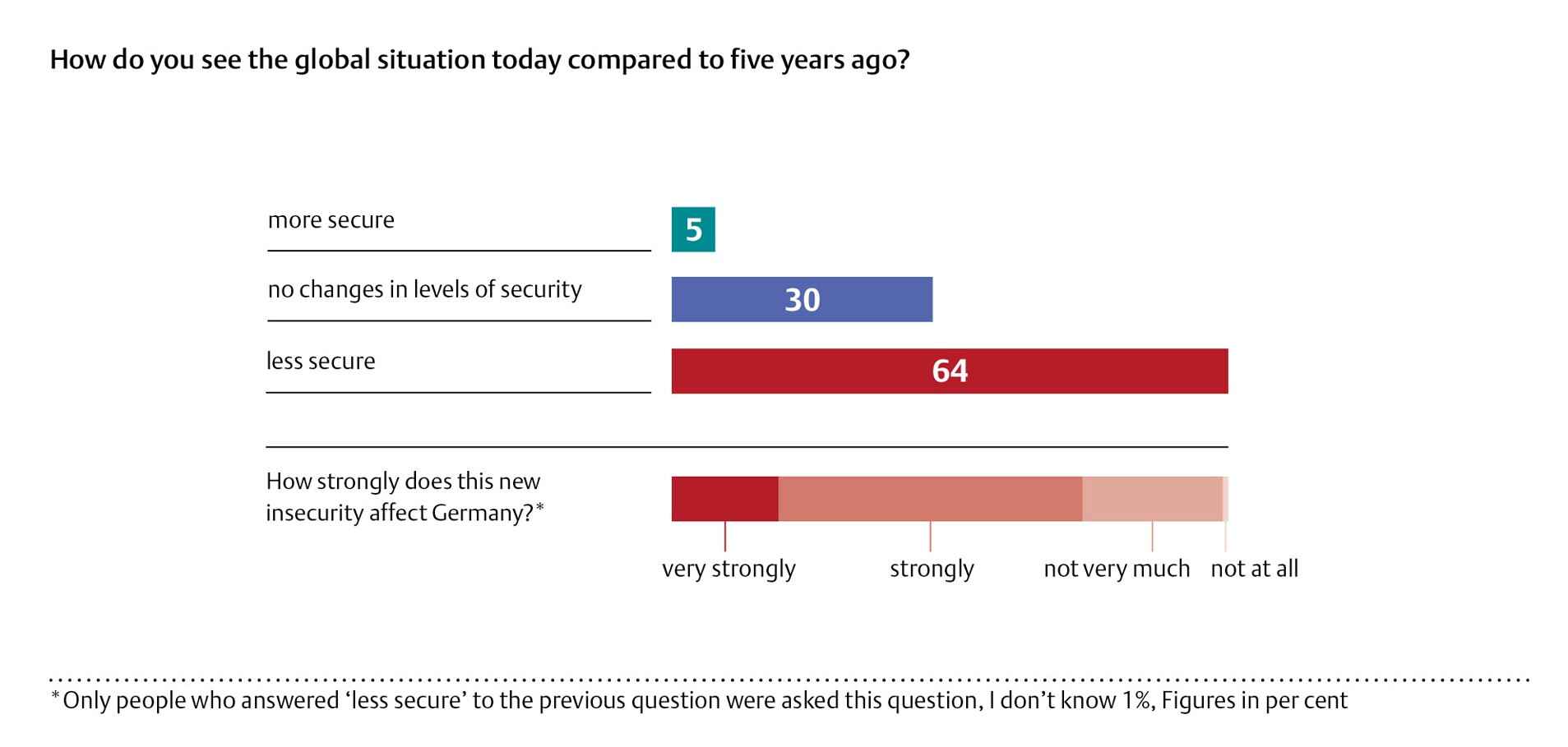
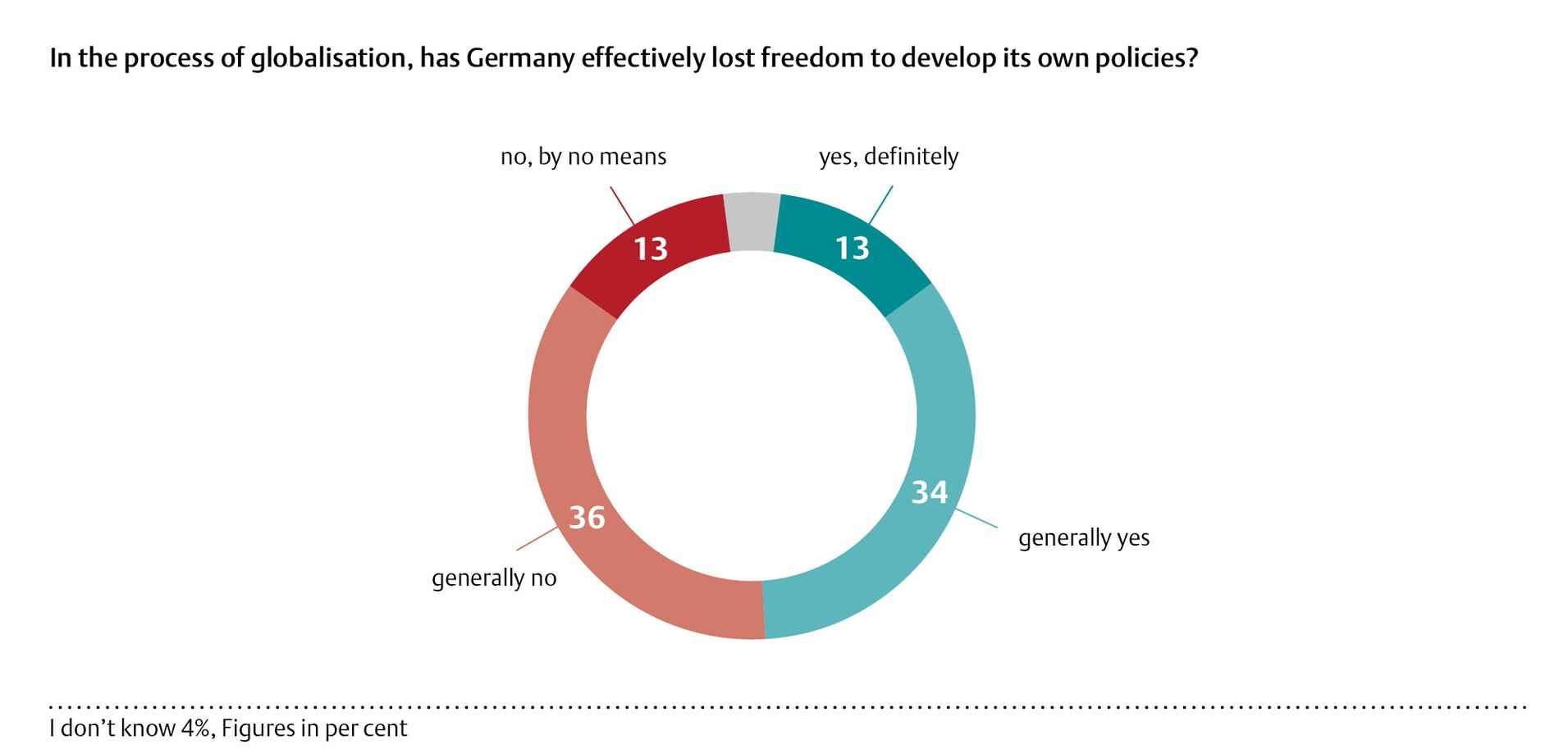
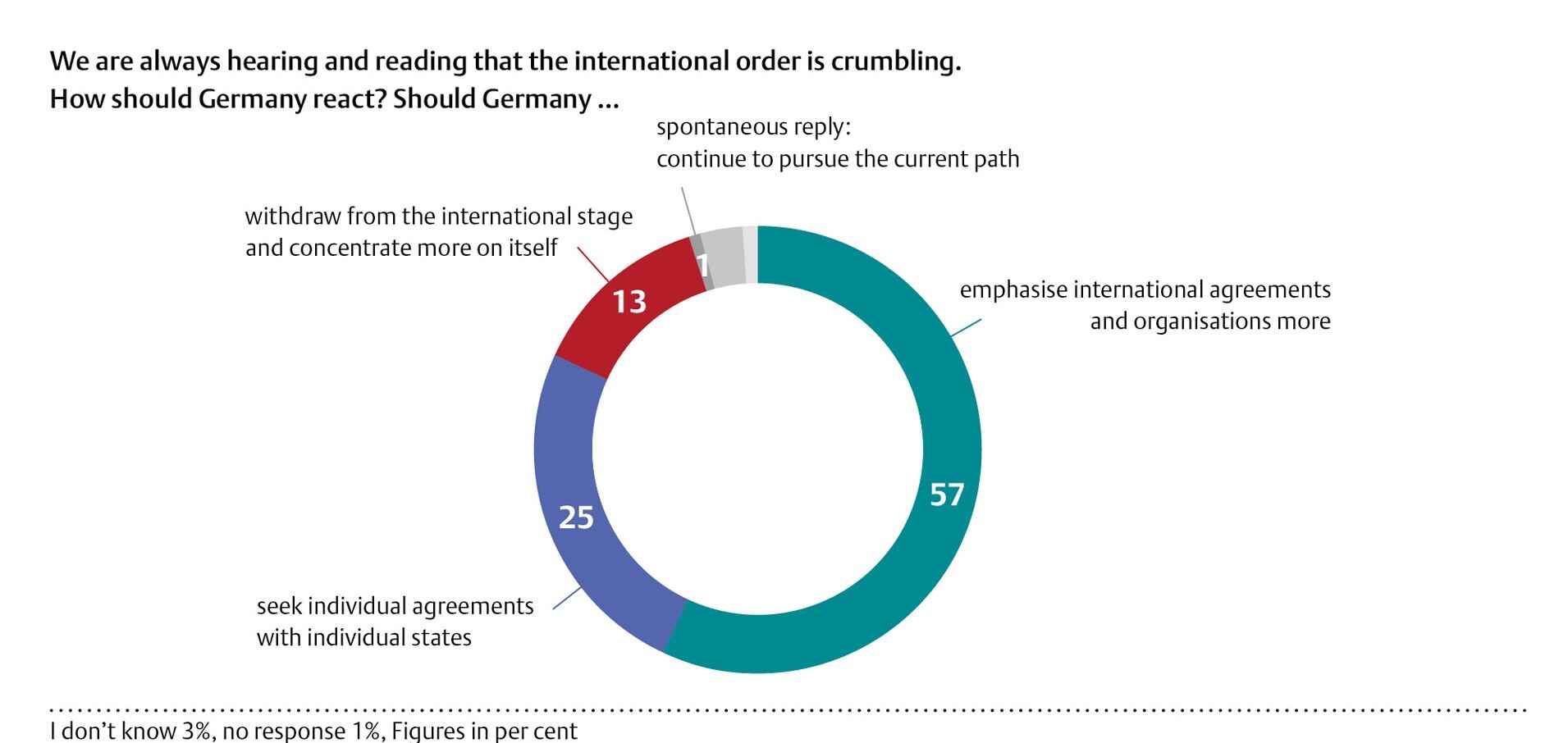
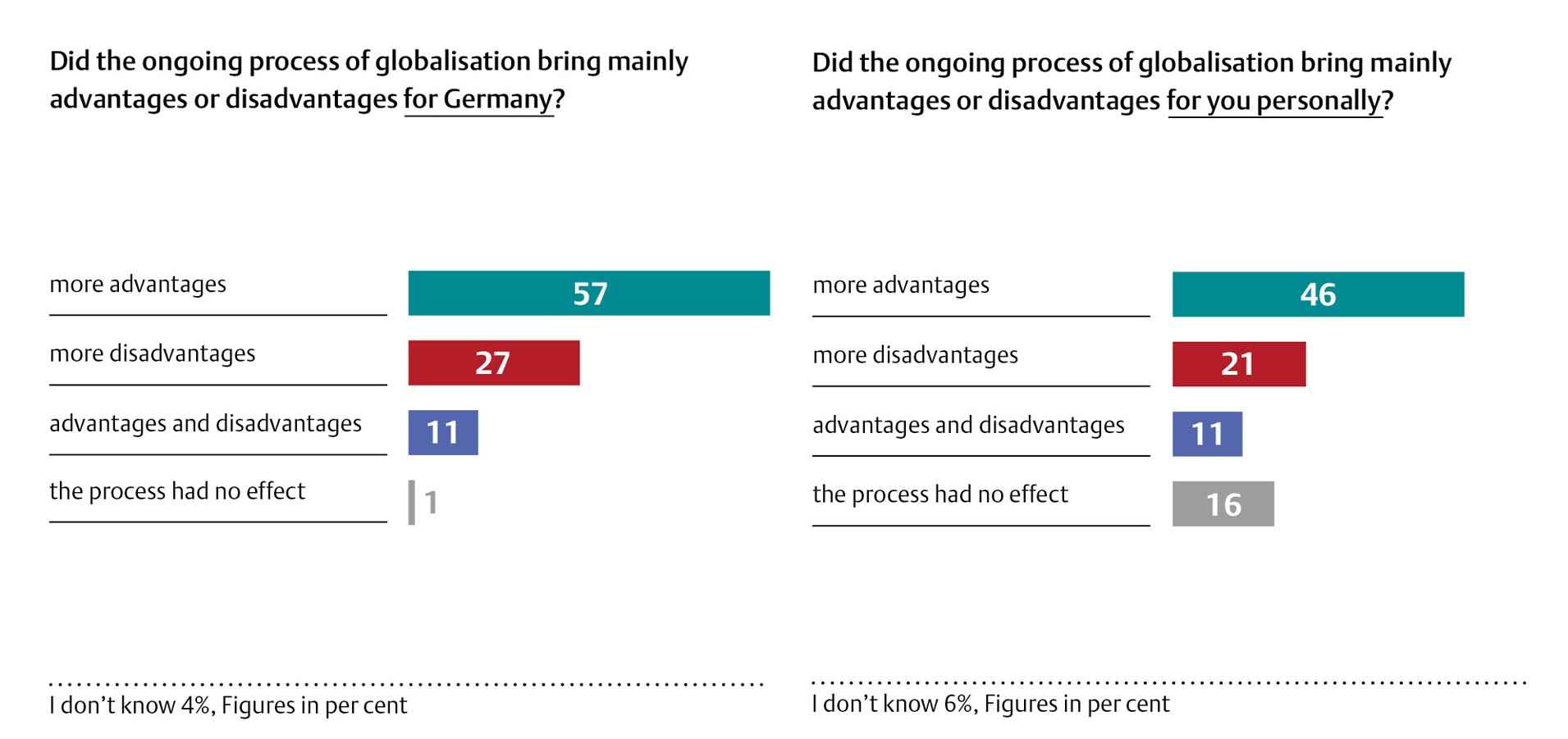
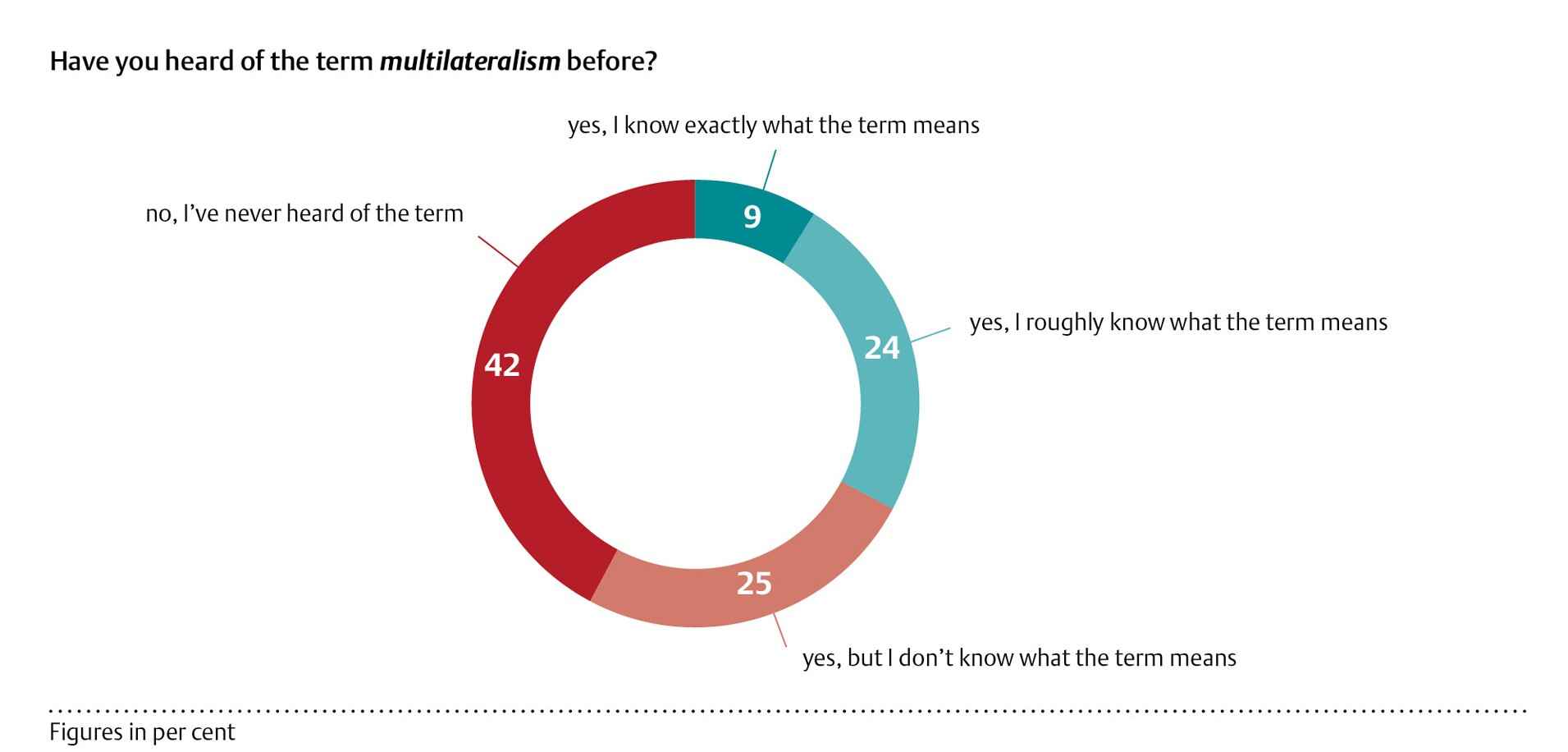
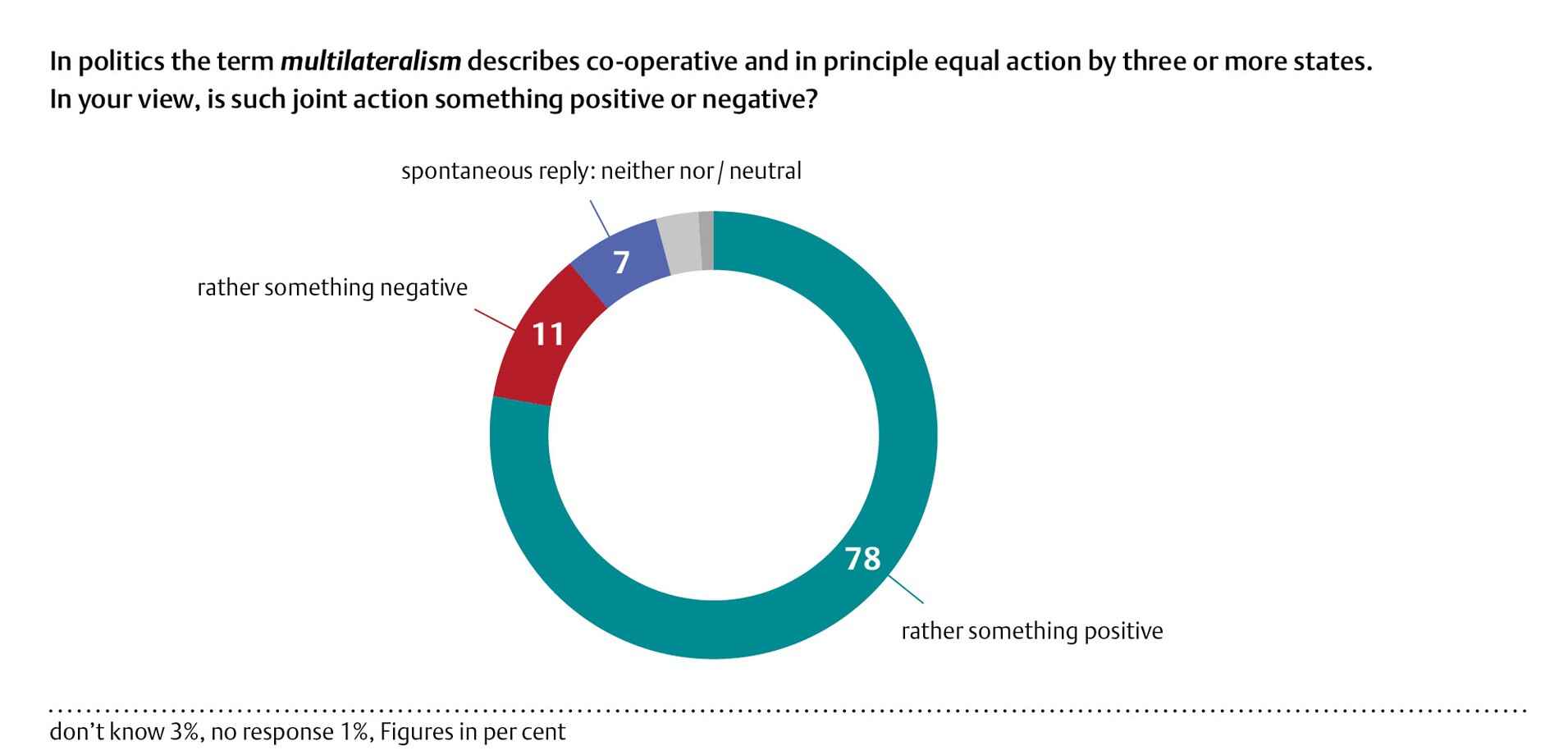
Source: representative survey conducted for Körber-Stiftung by KANTAR PUBLIC Deutschland. Surveying of 1000 interviewees, eligible to vote and aged over 18, April 2019.
French results: KANTAR PUBLIC France (1020 interviewees, eligible to vote and aged over 18) on behalf of Institut Montaigne, April 2019
Downloads
